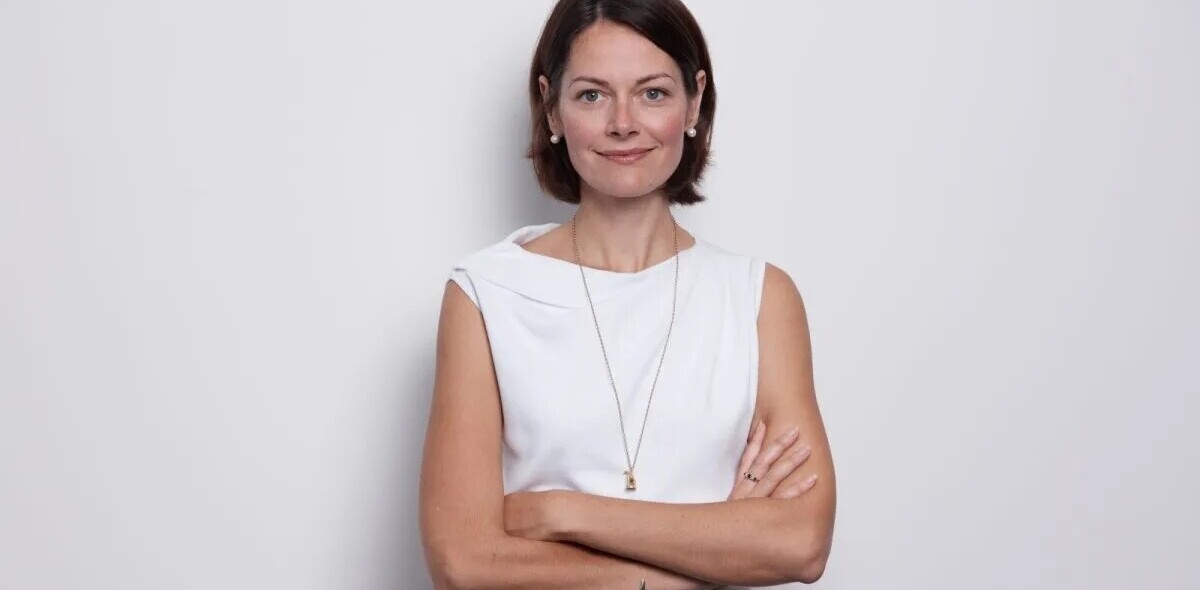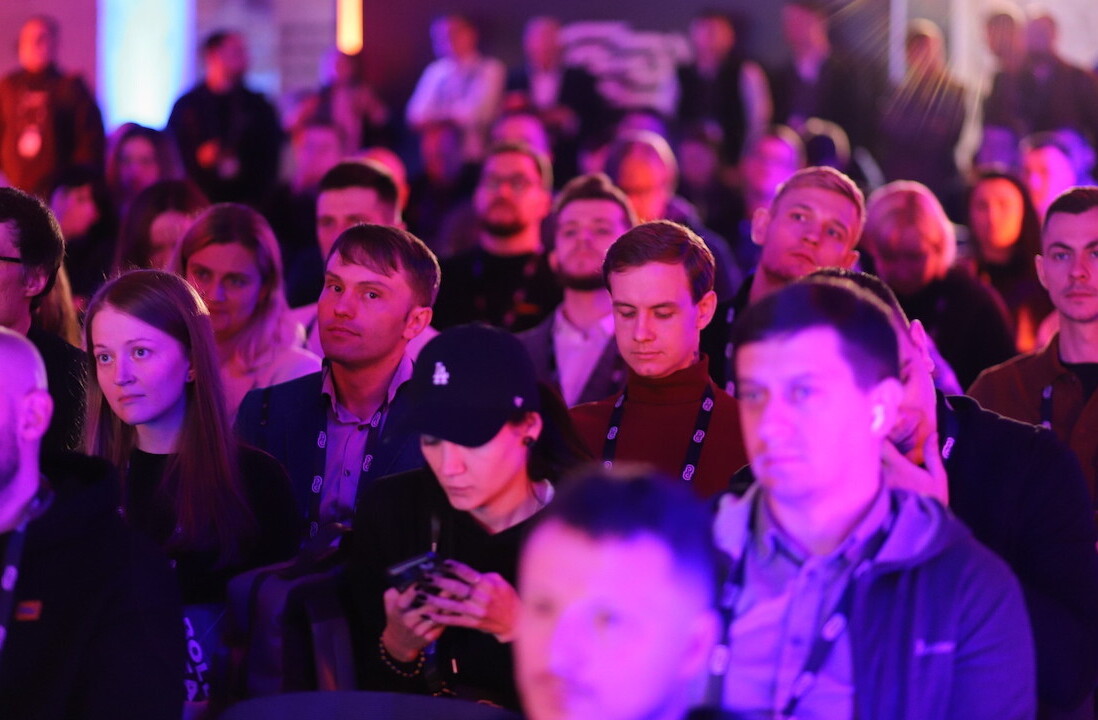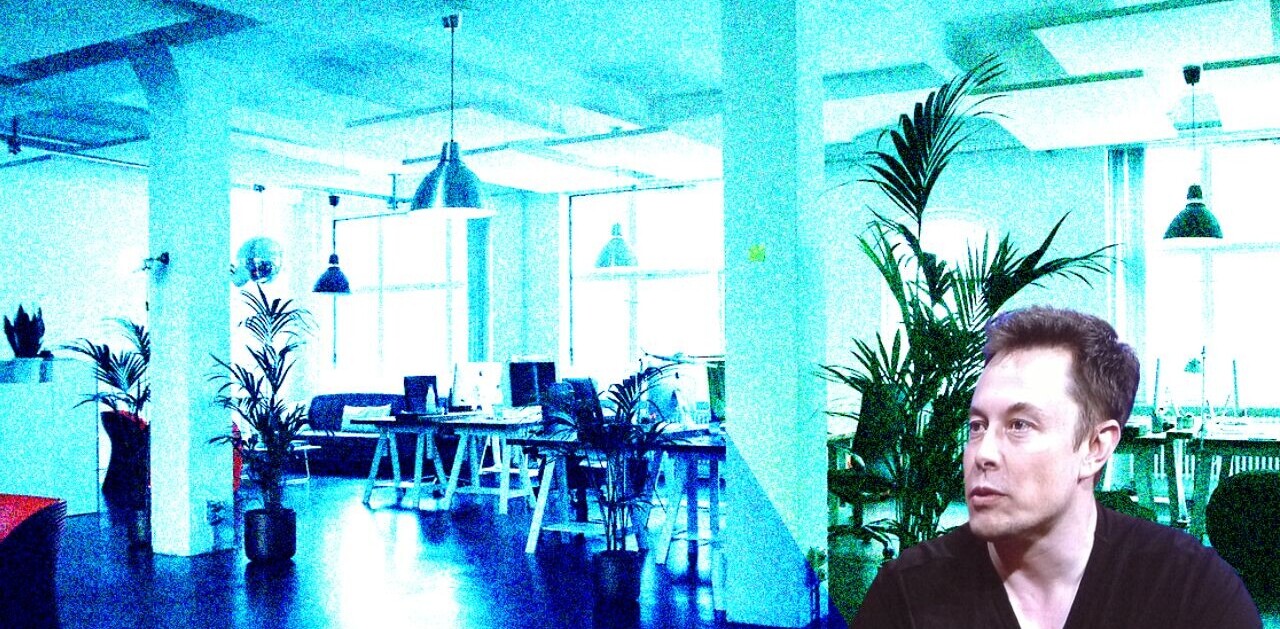
Richard Price is the founder and CEO of Academia.edu.
My philosophy is that the best way to find your passion is to experiment until you get there.
I began my career selling banana bread and started several businesses before I finally decided to found Academia.edu, a startup that has raised $18M in venture funding and provides a platform for academics to share their research papers freely.
Through this process of experiments, some which failed and some which were successful (but not inspiring) I have discovered a method that ultimately helped me find my passion in Academia.edu. The main idea is to do a series of low-risk experiments.
Don’t get too attached to each experiment: take a lesson from it, close it down, and start a new one.
A series of cheap experiments
As a doctoral student at Oxford, I started a banana cake company in my spare time called Richard’s Banana Bakery. I quickly learned that people didn’t buy pastries every day of the week and that the ticket price of $1.50 a slice was too low, so overall margins were pretty low.
I morphed Richard’s Banana Bakery into a sandwich company, Dashing Lunches. Sandwiches were attractive because they had a higher ticket price, making the margin higher, and people bought them every day. I ran Dashing Lunches for a year, and then decided that it was going to be hard to scale.
A lesson I took was that I wanted a highly scalable business, and I started thinking about the Internet.
With some friends at Oxford, I started a housing search site for students, a kind of Craigslist for Oxford, called LiveOut. I ran the site for about a year, and found that the idea wasn’t super scalable: it involved an on-the-ground sales team persuading real estate agents to add their properties to the site.
The more you experiment, the more you learn about yourself
From here, I decided to create a pure internet business with no offline component. I closed LiveOut and started a Facebook app called PeopleRadar. PeopleRadar was a Facebook application that allowed people to rate their friends based on attractiveness. The application grew fast, becoming the top app on Facebook for nine months in Facebook’s early days.
PeopleRadar was scalable and growing. I could see that financial success was a possibility. The problem was that I wasn’t proud of what I was doing.
That’s when I had an “aha” moment: in order for me to be passionate about my business, I should something that would improve the world, and that I was proud to be part of.
This was when the concept of Academia.edu came about. The site combined both scalability and stood for what I cared about.
College was an easy place to do experiments and fail often since I didn’t have extreme financial responsibilities. My prior ventures had all been funded by the venture before – Richard’s Banana Bakery funded Dashing Lunches which funded LiveOut, and so on.
It’s a little different after college. You have to be a bit creative to figure out how to get the experimental approach to work. Academia.edu was higher stakes but I knew I had to go out and raise capital and do the venture full time, but this time, because I was so passionate in the mission, I was driven to make it successful.
Don’t overthink it
Being an entrepreneur gets a lot easier after the first phone call. Your project will take on its own momentum if you just take a first step.
It is like swimming in cold water: the first 30 seconds are very cold, and many people get out immediately. But for those who stay in, what is amazing is that after 30 seconds of swimming in cold water, your body starts to warm up, and you start feeling absolutely fine – not cold at all.
A lot of people wonder how they are going to find their passion. It’s hard to find it by just reading books, Web articles, and talking to friends. My experience has been that over the course of a few years, you can try out a few experiments, and you’ll start to get closer to something that really resonates with you.
You don’t need to accomplish anything extravagant on the first try. Something as small a banana cake company that took $150 of startup capital can easily help you find what you truly believe in.
Image credit: Shutterstock/jonson
Get the TNW newsletter
Get the most important tech news in your inbox each week.




